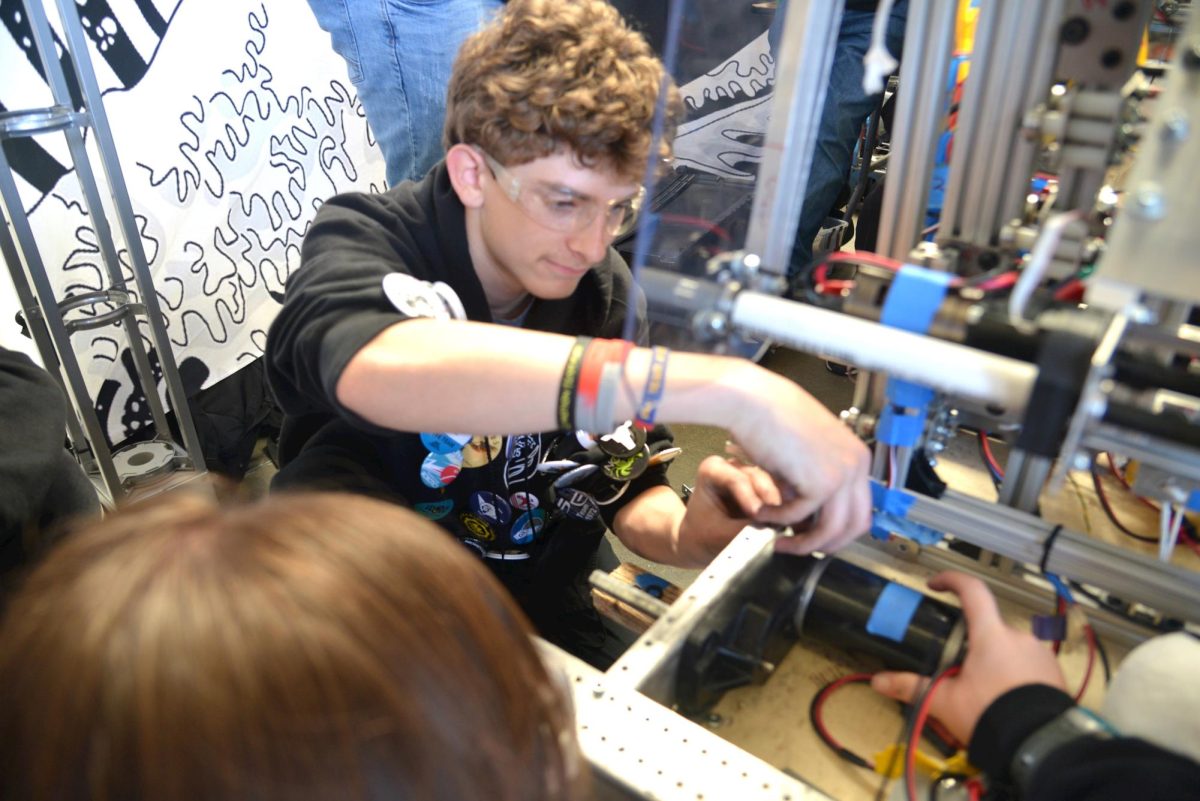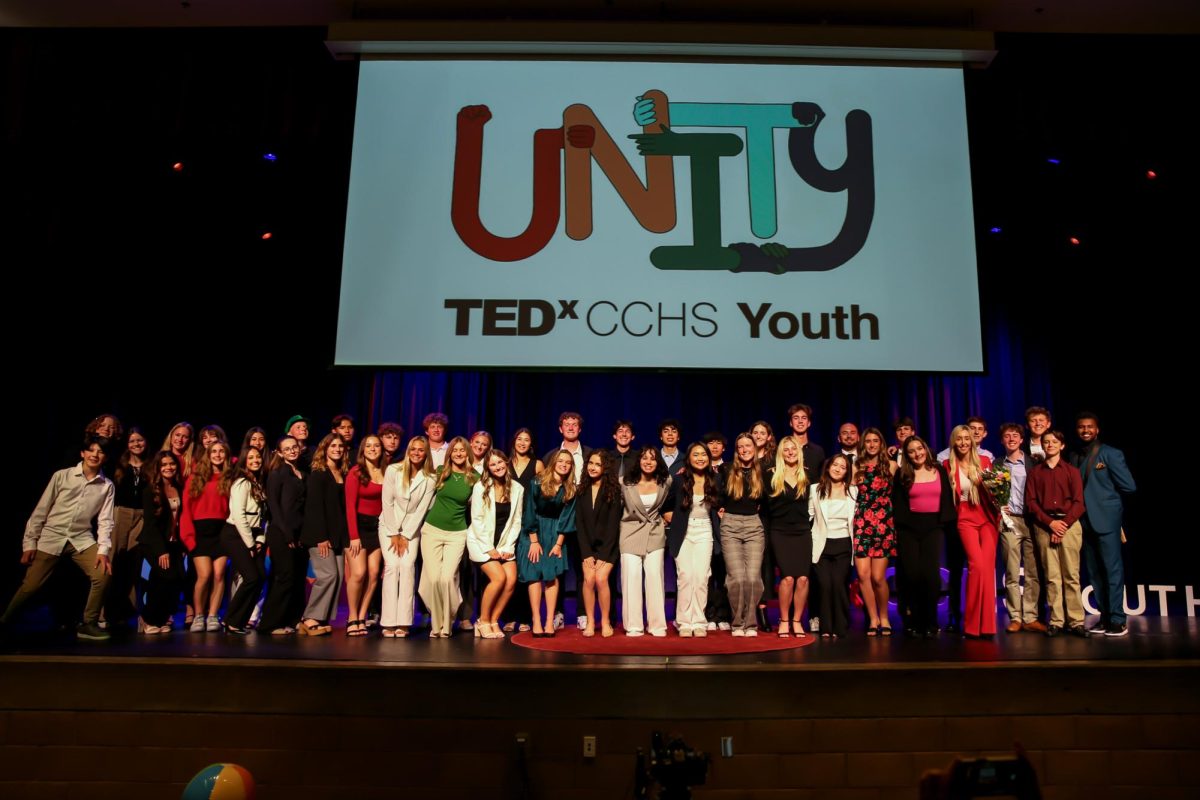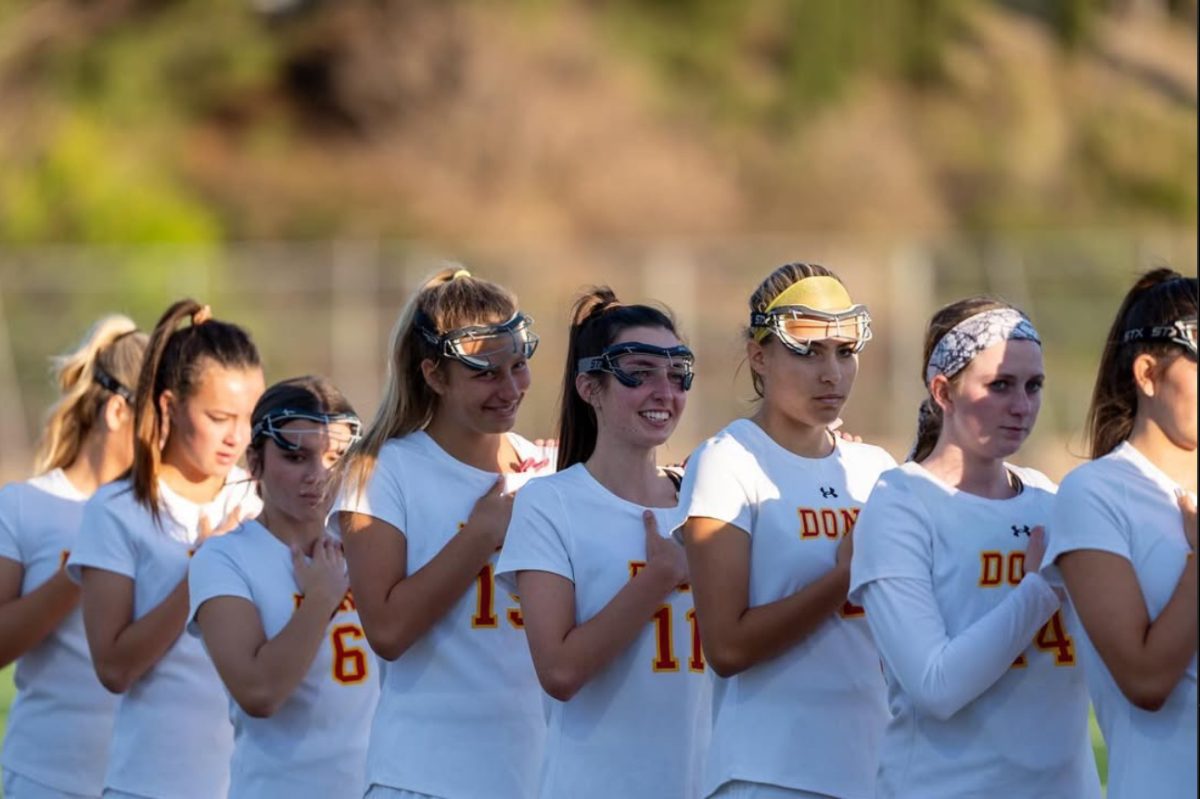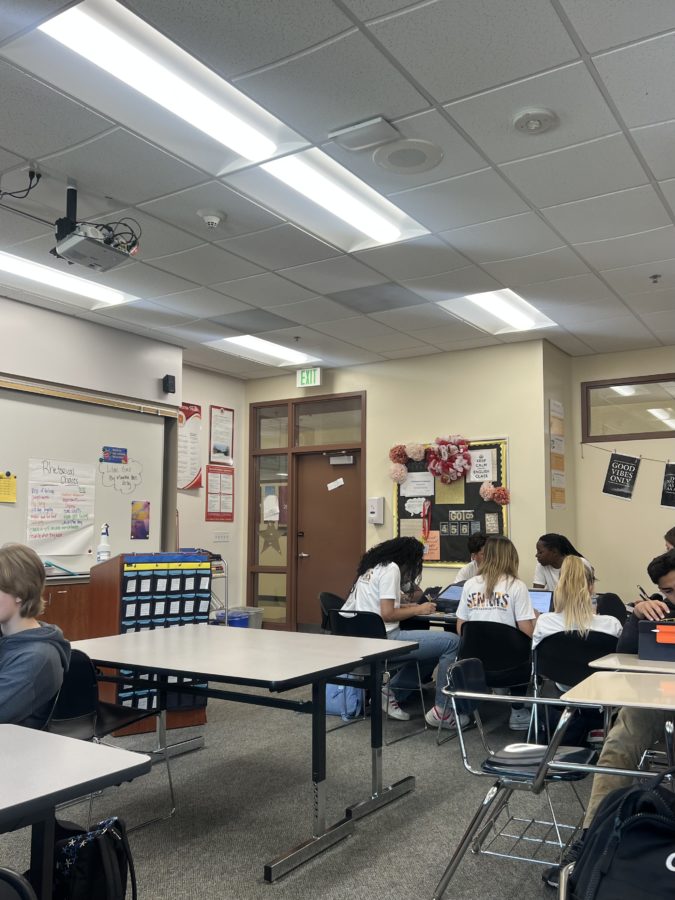Should We Reconstruct The School System?
Students hard at work in a classroom where they have the freedom to choose the book they want to read. Is this beneficial or harmful?
In the United States the fundamental structure of public education has been the same for about 180 years. About half of U.S. adults read below a seventh grade level, that’s a problem. (University of Texas, Austin) It’s time for a revamp. The biggest issue is the clear contrast to the science of children and their development that the school system chooses to ignore.
The assumption of homogeneity in the U.S. education system highlights an enormous issue, not all children are the same we need to stop assuming they are. Rather than adapting to the needs of a heterogenous group those in power without first hand knowledge of children’s development make the decisions to be one dimensional. Those in power continue to remove beneficial and necessary educational benefits such as breaks, recess and social emotional development without the research or consultation from educators.
Children who do not conform to school systems are often diagnosed with learning disabilities which can lead to an out of place feeling or bullying. When in reality they’re just not able to learn in a typical school environment. An adaptive learning environment would only be beneficial.
The current school model has been around since the 1840s. A Massachusetts politician Horace Mann sought an efficient education system. Therefore, he implemented military commands into schools. He designed this system in hopes of efficiency and convenience. He brought this method to the U.S. with little data showing it would work.
Don’t get me wrong, our nation does not have a set school system but most do follow the traditional structure, but if we want children to succeed and grow to their full potential we need to create a flexible education system.
Children’s diversity is a great gift, they deserve an educational system that supports everyone. Let’s start by getting rid of the 1840s model. It’s the bare minimum we could do with the advances in our recent society.
In our current system, lawmakers decide what is best for our education system. A problem is identified, the federal government creates a new policy, and states are charged with implementing the new policy. Once the policy has been implemented then researchers are invited into the picture, but educators are rarely involved. As a result, our education system is constantly going in circles with no real solutions found. We must remove power from lawmakers who are not connected to the nation’s children and give it back to educators and child development specialists.
Implementing the collective knowledge of educators and child development experts could transform our education system. With the time, money, and effort a new adaptive education system could be presented.
Students who live in expensive neighborhoods with well funded schools, like Cathedral Catholic, are able to recruit high quality teachers. Public and private schools in higher income areas provide a sufficient foundation. For many, that is not the case. We see it all over America the lack of attention toward education in rural and lower income areas. Education is important for everyone no matter their status or background.
Almost 90 percent of American students below the college level attend public elementary and secondary schools, which do not charge tuition but rely on local and state taxes for funding. (American Studies Journal)
A student’s location should not determine their educational benefits, therefore a possible set education system or a financial floor for each school should be welcomed. This ensures that each student gets access to necessary classes and materials.
The U.S. school system is outdated, with our recent movements involving diversity it is important that we implement it in schools. Providing our future citizens with a fair and valuable education can transform our country. It is up to us to take the next steps.





















































